I do reviews most of the time about places I traveled, books I read, even items I’ve bought on Ebay or Amazon. Before I book or buy, I’ll read reviews. I almost never find consistent 5-star reviews when I do I’m somewhat suspicious. The main reason is everyone is different and looks for different things. Amazon might even take down reviews if a book has only five star reviews.
It looks like the process of padding. This is where you either exchange reviews, pay for reviews, or coerce your relatives, friends, and co-workers into posting great reviews. On Kitchen Nightmares, Gordon Ramsey shows up at an expensive burger joint, which forced their employees to write glowing reviewing or face unemployment. The owners hoped the reviews would bring in customers, which some did. Sprinkled among the five star reviews were one stars by actual customers complaining of gross incompetence and long waits. The review mix confused potential customers.
While there is padding, there are also trolls who never have visited, bought, or even read a book they decided to review. A recent article in Psychology Today revealed that most trolls are little more than sadists and psychopaths who get off on trashing people, businesses, and books. They are like the hobgoblin who lives under the bridge who enjoys causing emotional and possibly financial distress. They often do this under an assumed name.
Several years ago via UK Amazon, a female reviewer attacked several textbooks calling them uninformative to patently false, then recommended another book. Outraged authors discovered the woman attacking their books was the wife of author she consistently recommended. Not too surprising, she’d never read even one of the books she denounced. UK recently passed a law that Internet trolls can receive up to two years in prison if a recipient of an attack can prove psychological and financial harm.
As the humble consumer, how do you know when a review is fake or at least overblown? Statements that say nothing about the product. “It was wonderful, I loved it, and best book I’ll read all year, are okay statements if accompanied by some actual descriptive text that shows an item/book was actually used. If a person can’t tell you why they disliked an item, even name characters in the book, or list how a hotel misrepresented itself, then I’d be suspicious. Often because they never used the product or read the book, but they’ll include patently false statements.
Consider if their reasons are legitimate. My husband’s company recently hosted a conference at a turn of the century hotel. The beautifully restored grand dame of hotel included a mix of period pieces with contemporary furnishings. The reviews were glowing, except for one traveler who complained the hotel was old. Yes, it was, but the short review implied a peeling paint type of establishment, which it wasn’t.
In the end, facts can be helpful. When traveling to San Diego, I skipped over a hotel when one reviewer mentioned its location next to a strip club made her uncomfortable. She didn’t give it a one-star for this because you can’t pick your neighbors. It helped me to decide not to stay there. It may have encouraged others to pick the establishment.
In a review, a person needs to state what is good or bad. Of course, this is an opinion. The funniest truthful review was a woman who downloaded a free BDSM book with some obvious title like Handcuffed by Passion with a naked couple on the front handcuffed together. The review states the book was full of explicit sex scenes, one right after the other, because she read the entire book. While the reader may have been shocked, it was an honest review.
Reviews give people power they don’t normally have in everyday life. Some people have over the top reactions to things too. I read reviews where people complain about the price of a book or a character’s name and gave it one star. One reviewer claimed there was a white spot in the kitchen sink and gave the hotel one-star because of this. My favorite is people who download a free book and want their money back.
What about paying for a review? Many online companies and individuals offer to do this, but be careful. Most unknown companies lack the reputation to merit any regard. Kirkus Reviews is a legitimate company that reviews 7,000 new titles a year. It even has a division for self- published books too. They put out a review magazines and send it to booksellers and librarians. This is why people want a Kirkus Review is because of its distribution and weight in the field. An average review costs around $500. An author can choose not to have a bad review published, which explains why I only see good reviews by Kirkus.
In the end, are reviews that helpful? Not as much as they used to be when done by professionals. This books sucks or this hotel blows doesn’t help me. It may have allowed the author of such a meaningless statement blows off some steam about the product or life itself. Your state of mind goes into your review too. One woman confided in a review of a romance-themed hotel she never liked it before, because she never went with anyone she loved. How is that the hotel’s fault?
Many reviews often reflect more about the reviewer than the product. The reviews I regard the highest come from people who know me, and what I like. Word of mouth may still be the most powerful form of review. It is also the reason Goodreads encourages you to recommend books to your friends. Speaking of that, currently reading Waking the Witch by Kelley Armstrong. This paranormal mystery is a fun, fast joyride that rejects the normal stereotypes associated with Pagans and witches. It doesn’t reek of magic; it is magic. Can’t wait to see how the determined Savannah unravels a string of ritualistic killings in a sleepy, small town.
This may make you want to read the book or stay far, far way from it realizing it isn't your preferred genre.
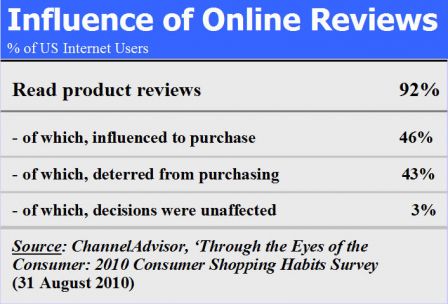
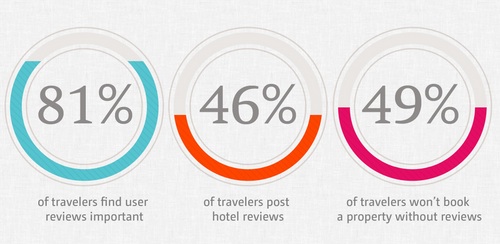
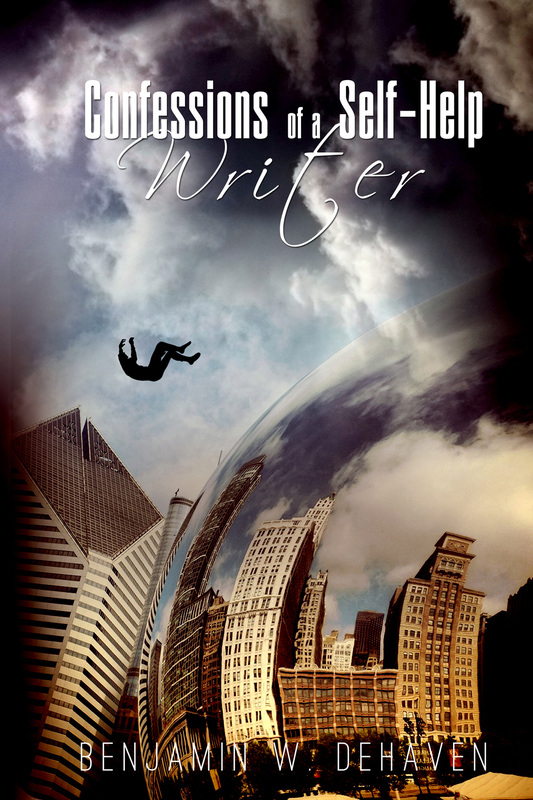
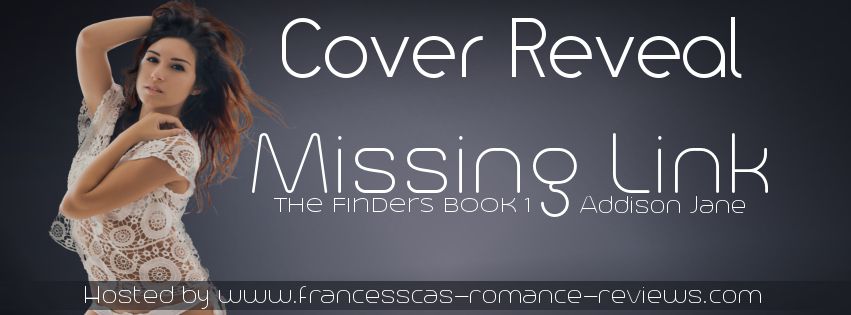
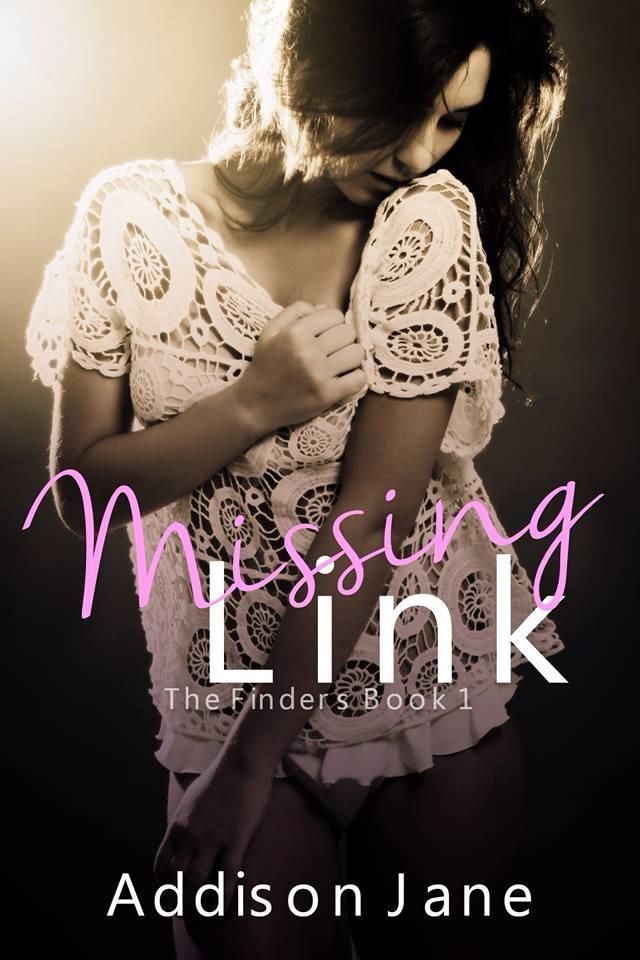

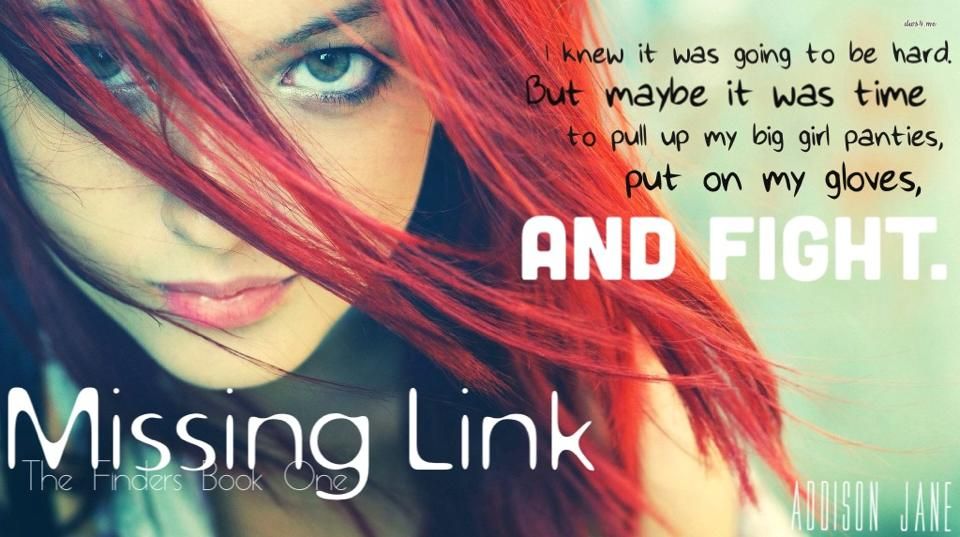
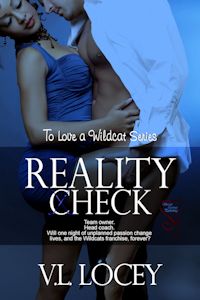

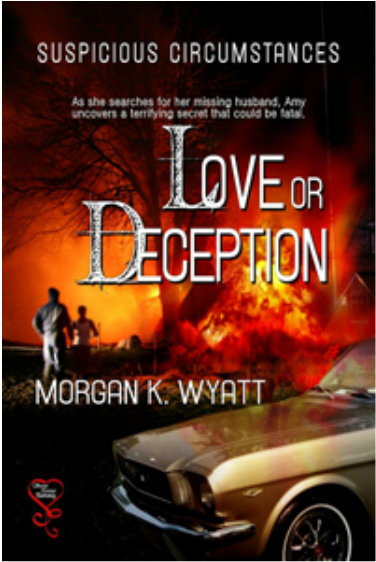
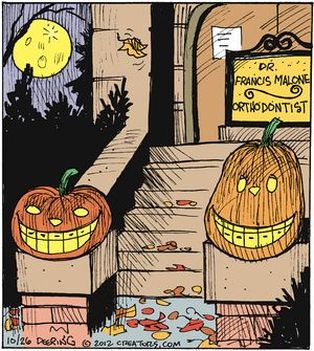
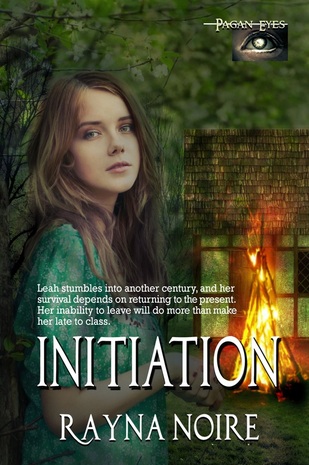


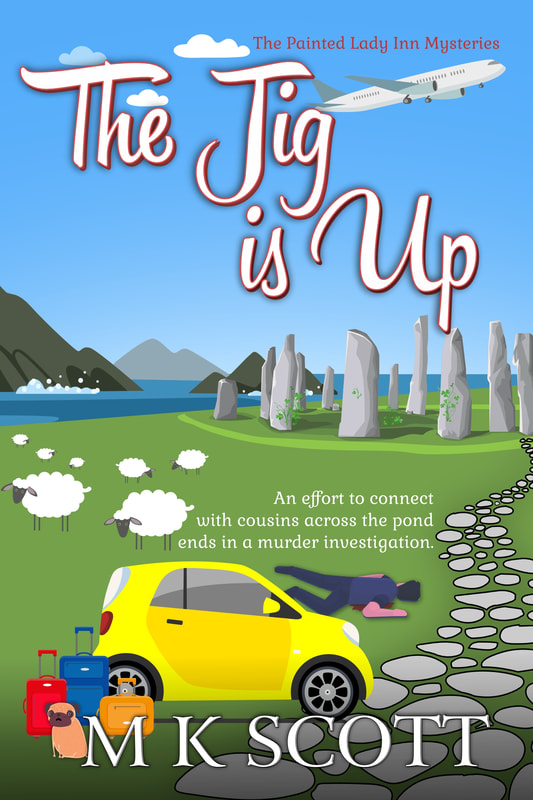
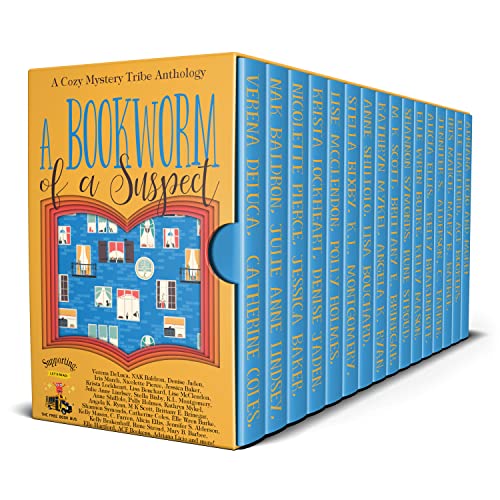
 RSS Feed
RSS Feed
